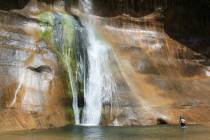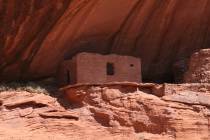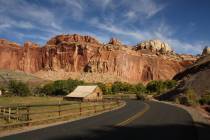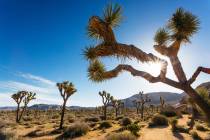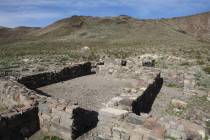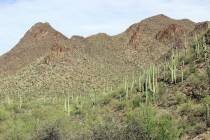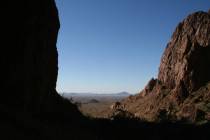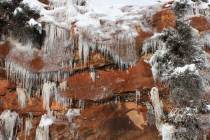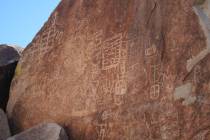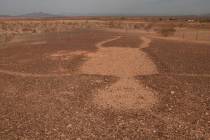Mammoth Lakes is paradise for hiking and biking in summer
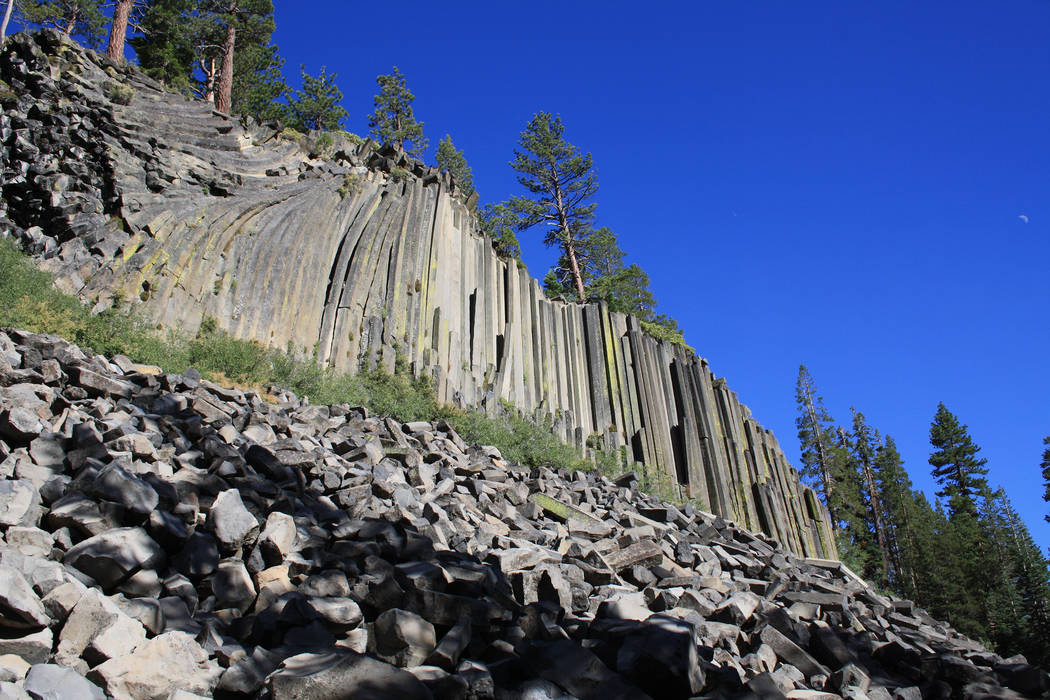
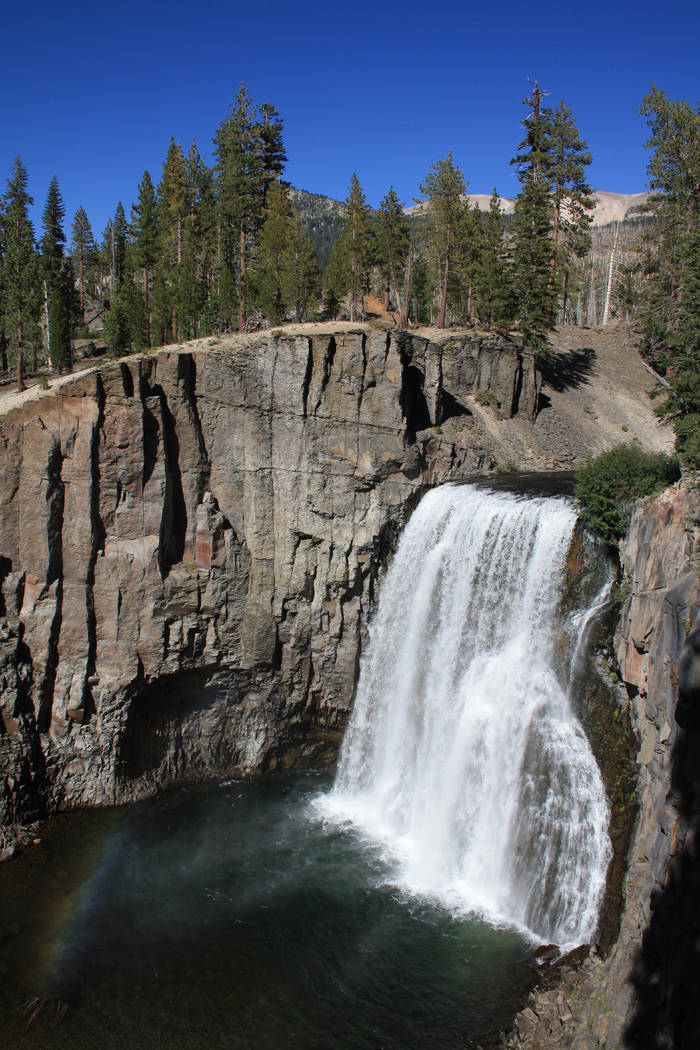
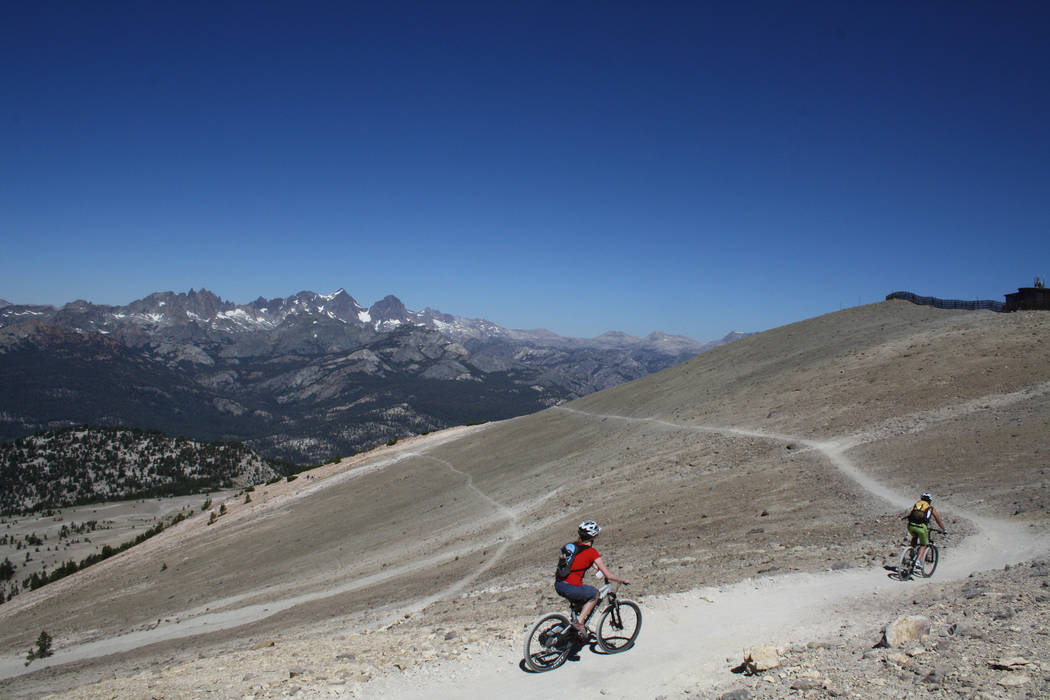
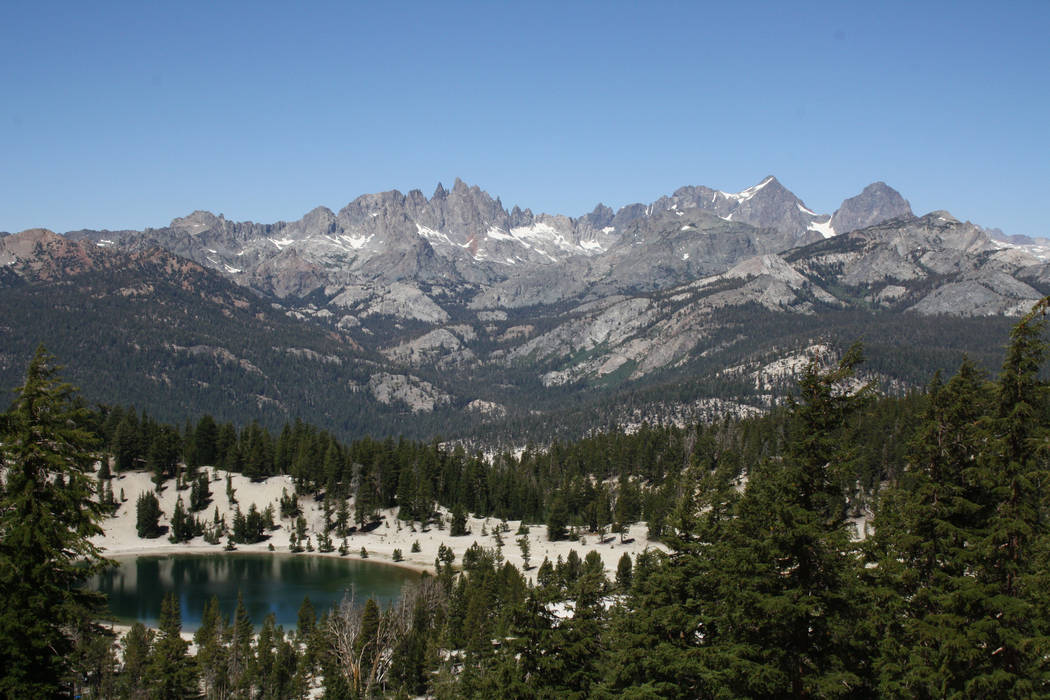
Mammoth Lakes, California, in the eastern Sierra Nevada, is best known as an international winter ski and snowboard resort. However, in mid-July through September it transforms into one of the best hiking and mountain-biking paradises in the state. It offers the bonus of being the best jumping-off place to visit Devils Postpile National Monument, about 7 miles from town, and is a must-see destination.
Mammoth enjoys cool summers, with daytime highs averaging in the low 80s in July and August; at night the temperature retreats into the 50s. This is the only convenient time of year to head over to Devils Postpile National Monument. The park is usually open only from mid-June through mid-October, depending on the Sierra snowfall. As of mid-June, the access road was still closed due to the record snowfall, and an opening date has not been announced. Check the park’s website, nps.gov/depo, before you head that way. When open, Devils Postpile is only accessed through the upper area of Mammoth by a quick shuttle bus.
The monument was set up to preserve a rare columnar basalt formation for which it is named. The Postpile, of symmetrical stone columns standing vertically, was created by a volcanic event about 100,000 years ago. It required ideal conditions of mineral composition and slow cooling. If conditions had cooled evenly, geologists say, all the columns would be hexagonal; instead, some have five, four, seven or three faces. They’re 2 feet to 3 1/2 feet in diameter and up to 60 feet tall. Volcanic column formations are found several other places in the world, but few are as impressive as this one.
Seeing the Postpile requires only an easy, half-mile walk from the shuttle stop. The entire monument is scenic, with meadows, hiking trails and waterfalls. It’s also a backpacker’s crossroads, where the 210-mile John Muir Trail, from Yosemite Valley to Mount Whitney, intersects with the famous Pacific Crest Trail. At the general store in Red Meadows, a privately owned rustic resort, you can see the long-mile trekkers stopping to fetch their mail and packages of supplies sent to them, by prearrangement, to continue their journeys.
While in the park be sure to hike the 2.6-mile round-trip trail to see Rainbow Falls. On the Middle Fork of the San Joaquin River, these falls are 100 feet high.
Mountain biking and hiking are supreme at Mammoth Mountain, and there is terrain for every skill level and age. The mountain features about 80 miles of lift-accessed trails, useful for either activity. Opening day was scheduled for June 23, but with limited trails open, because of the heavy snowpack this year. Waiting until at least mid-July affords you some wiggle room.
When the snow clears, head to the Mammoth Mountain Adventure Center. The ideal thing to do from here is head up the mountain via the gondola to a trail called “Off the Top.” At 11,053 feet you really are starting high, and it’s all a great ride downhill on good single and double track. Of course, again you must be sure the snowpack has melted first for this trail. The trail is about 8 miles and affords spectacular views of the Minarets, alpine lakes and pine forests and ends back at the base of the gondola. There you will most likely cry to your companion, “Let’s do it again!”
Deborah Wall’s book “Base Camp Las Vegas: 101 hikes in the Southwest” ($24.95, Imbrifex) is available for preorder on Amazon and will be released Aug. 8. She can be reached at deborabus@aol.com.
Directions
From Las Vegas, take U.S. Highway 95 north for about 115 miles to Beatty. Turn right and continue on U.S. 95 north for 52 miles. Turn left onto state Route 266 and drive 45 miles. Turn left on California’s state Route 168 and drive about 38 miles. Turn right onto U.S. 395 north and follow for about 53 miles to the Mammoth Lakes/Devils Posthole exit. Follow state Route 203 about 3 miles to Mammoth Lakes. (This is one of several possible routes.) See tinyurl.com/yd5s6d7n.




